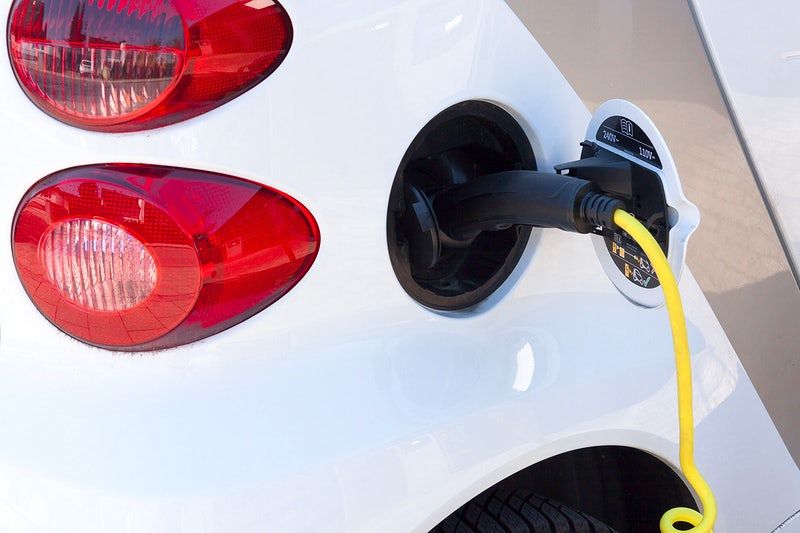It will have happened to many electric motorists to talk enthusiastically to friends and relatives about their car and how you can lead a completely normal life by driving it, finding on the other side, however, always a bit of distrust. The classic answer is “I would not buy it, I am afraid of staying with a low battery” but often those who speak in this way express a fear filtered by some psychological barriers, of which often you are not even aware. The University of Geneva has carried out a study on this very topic, entitled: “Countering the problem of the autonomy of electric vehicles with a scalable behavioral intervention”.
The study of the University of Geneva
Compared to many years ago, the number of electric vehicles has increased dramatically and slowly, prices are also reaching lower figures. In light of this, scholars have asked: now that the main economic and technological barriers have been removed (more affordable purchase prices, incentives, denser network of charging stations), what factors are still blocking the widespread adoption of this mode of transport? Much of the answer lies in the cognitive biases of motorists, according to the Swiss working group.
In the study, published in May 2022, the team of researchers analyzed the psychological factors that dissuade many people from switching to electric cars. They found that car owners systematically underestimate the capacity of electric cars, deeming them unable to meet everyday needs. These results, published in Nature Energy, therefore open up new avenues to accelerate the electrification of mobility, beyond what will be the political choices on this front in the coming years.
“So far, initiatives related to the energy transition have generally focused on technological and financial barriers to their implementation. Psychological factors have been taken very little into account. However, many studies show that individuals do not automatically adopt the most beneficial behaviors for themselves or society, often due to lack of access to complete information,” explains Mario Herberz, author of the study and a researcher at the Consumer Decision and Sustainable Behavior Laboratory of the Department of Psychology of the Faculty of Psychology and Education Sciences of the University of Geneva.

Electric cars can already meet our daily needs
Interviewing more than 2,000 motorists of different backgrounds and ages in Germany and the United States, scientists at the Swiss University identified the source of the cognitive biases that prevented them from adopting an electric vehicle. “We observed that participants systematically underestimated the compatibility of the capabilities of electric batteries available on the current market with their real needs,” says Tobias Brosch, author of the study and director of the Consumer Decision and Sustainable Behaviour Laboratory.
In other words, consumers mistakenly believe that the autonomy of current batteries is not sufficient to cover their daily commutes. This underestimation is substantial and the researchers estimate it at around 30%. “To reassure people, the solution is not just to densify the network of charging stations or increase the size of batteries, which require scarcer resources such as lithium and cobalt. It is to provide information adapted to the concrete needs of motorists that reduce their concern and increase their willingness to adopt an electric vehicle,” Explains Herberz.
The research team found that more than 90% of car trips could be completed with vehicles with a range of 200 kilometers, a range that most of the batteries currently available already offer. “The trend is to increase performance, but we have observed that a longer range, for example over 300 km, does not increase adaptation to everyday needs: it would only have a minimal impact on the number of additional trips that can be completed with an electric charge. Increasing the size of batteries is therefore not a key element in the energy transition,” he added.
In Italy, for example, it has been estimated that motorists travel less than 40 kilometers by car a day: a number compatible with the average consumption of an electric car, especially if we consider city driving. In this regard, we advise you to consult our E-Mobility Life section, in which you will find some ideas on how to live everyday life without charging anxiety, taking advantage of the capillarity of the Plenitude+Be Charge charging network.









